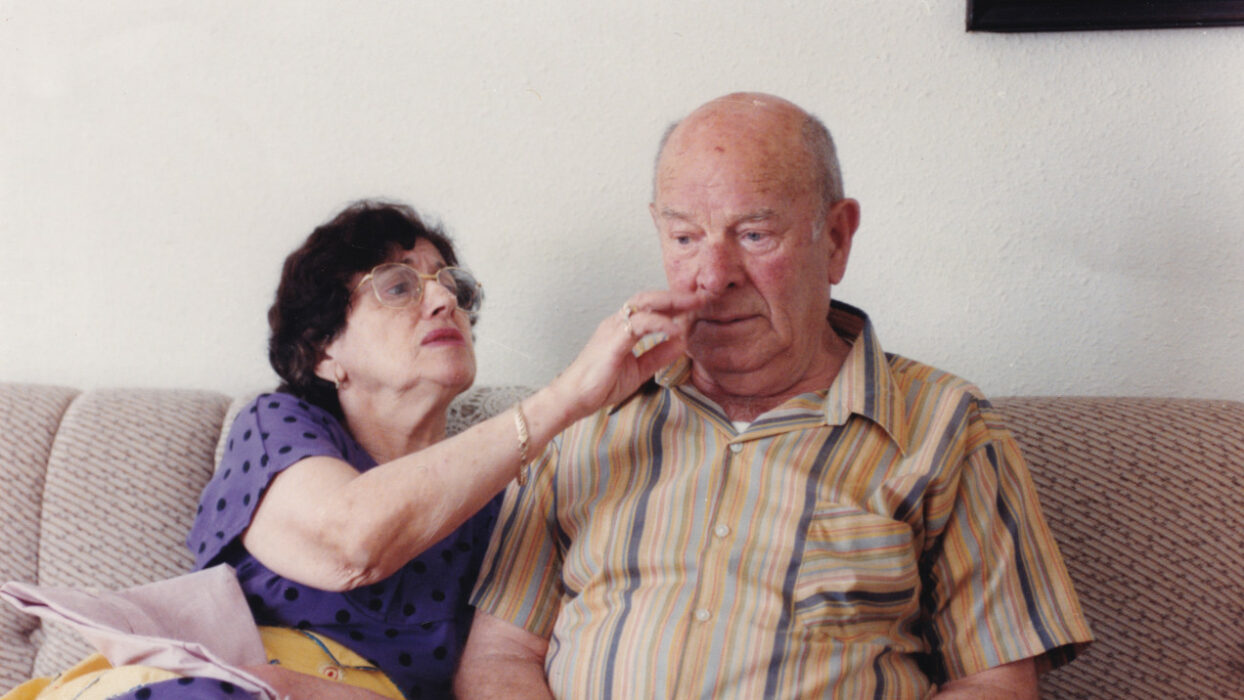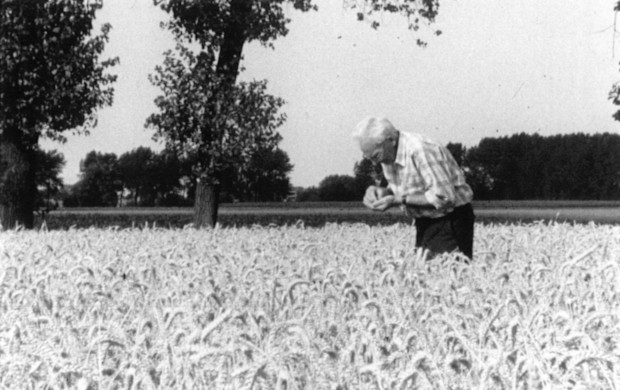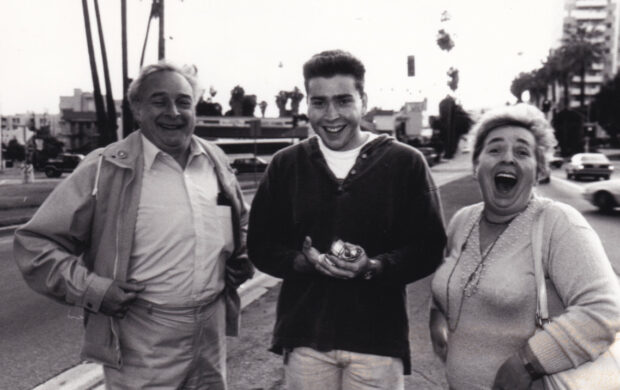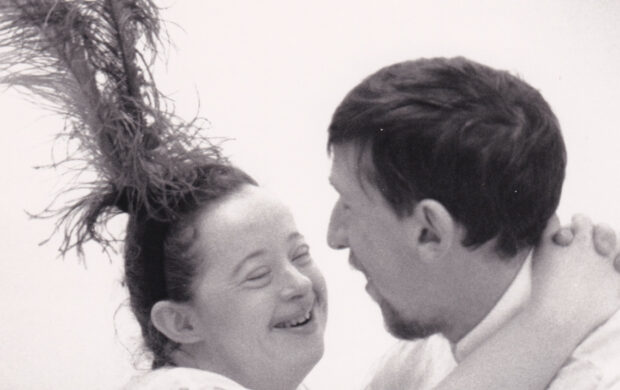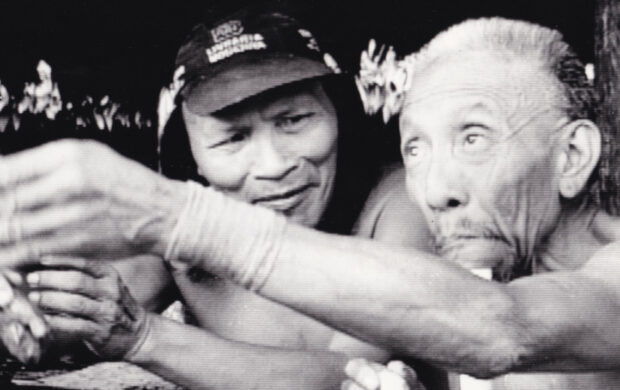Habehira vehagoral
Choice and Destiny
Choix et destin
- 1993
- Israel
- 113 minutes
- Hebrew; Yiddish
SCAM AWARD
“The protagonists of the film are a couple, Yitshak and Fruma. He is 80, she is 72. They are both my parents. They were born there, in Poland – they are Holocaust survivors. The film documents them today. In an attempt to understand them, I travelled alone to the places where they were born and were denied their fredom during second World War. They did not wish to accompany me. I understood that if there was any chance of understanding of feeling anything, I had to look within the people who are still among us. Father was willing to cooperate.Very slowly, through the daily routine, his story comes out – wandering in the death machine, from Miechow Getto to Auschwitz, Birkenau and Mauthausen… Mother did not want to, and could not talk. Due to the influence of the film, she opened up, burst forth… The camera follows their daily lives, and through it we learn about their attitude to life, to themselves, about their special relationship with food. This is a film about the end of life, about aging, about people who are part of a generation that is dying out and with it goes all the special Jewish food and the first hand testimonies. (Tsipi Reibenbach)
- Production : Tsipi Reibenbach; Israel Broadcasting Authority
- Editing : Ziva Postec
- Sound : Dany Natowitz; Dany Shitrit
- Photography : Avi Koren; David Gurfinkel
